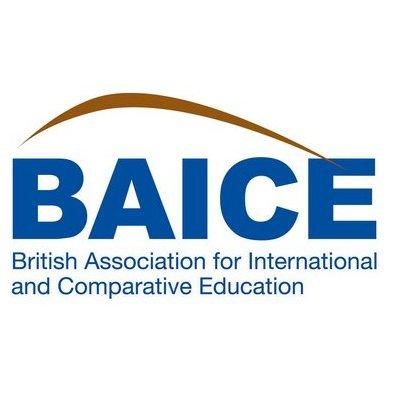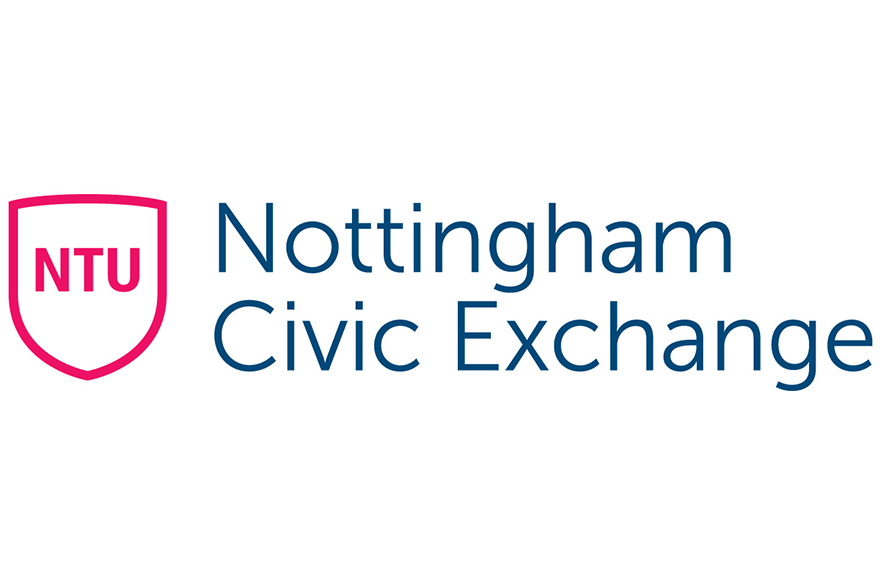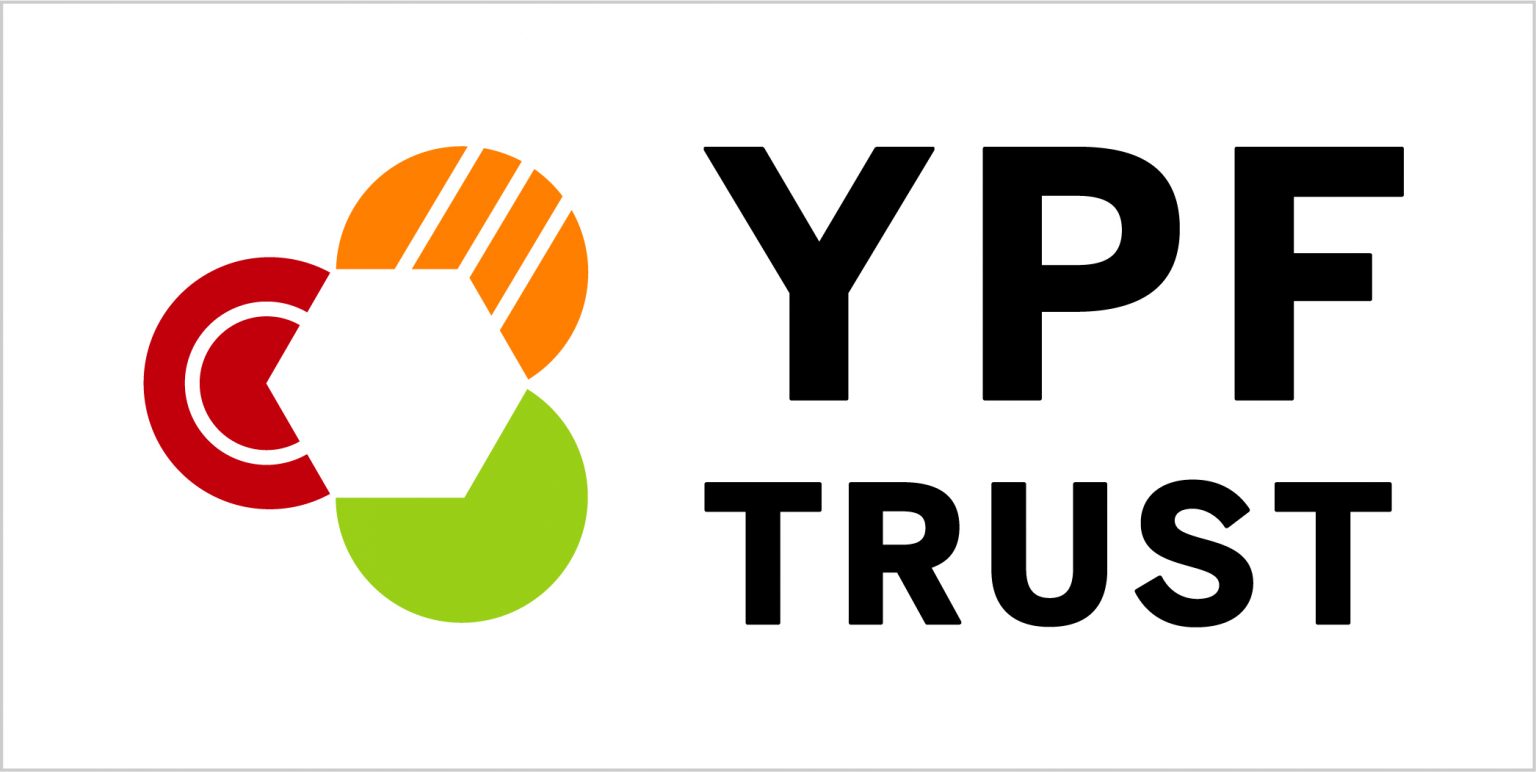Project
The Complementary Education Network
School: School of Social Sciences
Overview
Today more than ever, the increased migration demands rethinking education and specifically mainstream schools as they stand today. Globally, 281 million people live in a country other than their countries of birth, this has increased from 128 million in 1990. Migration has played a significant role in shaping modern states, including those which are within our primary interest- England and Finland, into multicultural societies. The history of migration in the global north resulted in an increasing number of children and young people growing in multilingual families.
Over time, these trends can have a profound impact on how we view social sustainability and education. Although language is not explicitly mentioned in the Sustainable Development Goals (SDGs), it plays a crucial role in social sustainability. We are thus launching the Complementary Education Network through a collaboration steered by Nottingham Trent University, Åbo Akademi University, and the Young People’s Trust (YPF), supported by UK and Nordic NGOs, and individual educators funded by the British Association for International Comparative Education (BAICE).
For this project we define complementary education as the non-statutory education provision in or out of school. The Network will continue to expand beyond the two countries and forge new links surpassing the duration of the project to support practitioners working toward a multilingual approach to youth’s education.
Addressing the challenge
The linguistic rights granted to individuals vary across countries. Despite the universal right to education for young people, linguistic rights are not explicitly recognized in the Sustainable Development Goals (SDGs). For instance, the linguistic rights provided for members of minority groups and newcomers differ in England and Finland and despite the right for all young people to access education, many of them identify linguistic difficulties as a main barrier to meaningfully engaging with learning and socialising at school. Taking this into account, the project focuses on how national educational and legal frameworks promote mother language education and we do so with the focus on the supplementary schools in England and extracurricular mother language education in Finland. The Network advocates for a comprehensive understanding of complementary education integrating learnings from all non-statutory educational provisions to enhance the educational experiences of young people who are both newcomers and those with minority backgrounds.
People
Core members
- Haya Fakoush, Nottingham Civic Exchange, Nottingham Trent University (UK)
- Mariya Riekkinen, Åbo Akademi University (Finland)
- Abdishakur Tarah, Nottingham Institute of Education, Nottingham Trent University (UK).
- Mon Partovi, Young People's Foundation Trust (UK)
- Pascale Vassie, Young People's Foundation Trust (UK)
If you are interested in joining our network, please express your interest through the link.
Acknowledgment
- Sylvie Bunyan, Event Co-ordinator (Volunteer), Nottingham Trent University
- Quynh Phan Truc, Marketing Intern, Nottingham Trent University
Making a difference
The Complementary Education Network aims to promote the value of multilingualism for social justice and inclusion as we believe it links to positive identity outcomes, improved attainment of learning outcomes and motivation for learning at mainstream schools. Additionally, the promotion of linguistic rights is closely tied to ensuring long-term, broader accessibility to public services, including social and healthcare, by upskilling the youth and creating a bilingual workforce.
Our objectives
- Examine policies on linguistic rights in England and Finland to inform educational policies
- Establish a collaborative network of researchers and practitioners aimed to influence policy by offering a comparative perspective to optimise grassroots practices in both countries.
- Policy impact based on the comparative perspective for optimising grassroots practices in Finland and England.
Our activities
We work in a continuous dialogue involving stakeholders:
- Regular online meetings to develop and expand the network
- Two in-person events:
- Turku, Finland on the 1st of November 2024 'Network Launch'
- Nottingham, England on the 21st of February 2025 'Celebrating International Mother Language Day'
- Outreach webinars open to practitioners, academics, ECR and PGR
- Preparing brief videos promoting linguistic diversity and the rights for children and young people to learn their mother/heritage language
- Working on a joint funding bid and publishing an article in Compare




Nottingham Civic Exchange
Nottingham Civic Exchange has been established by Nottingham Trent University to maximise research, policy and practical impact by bringing together university expertise with partners seeking to address the needs of communities. Nottingham Civic Exchange acts as a resource to look at social and economic issues in new ways. This means facilitating debate, acting as a bridge between research and policy debates, and developing practical projects at a local, city and regional level.
Visit the Nottingham Civic Exchange website, or contact us by email.
You can also follow Nottingham Civic Exchange on Linkedin